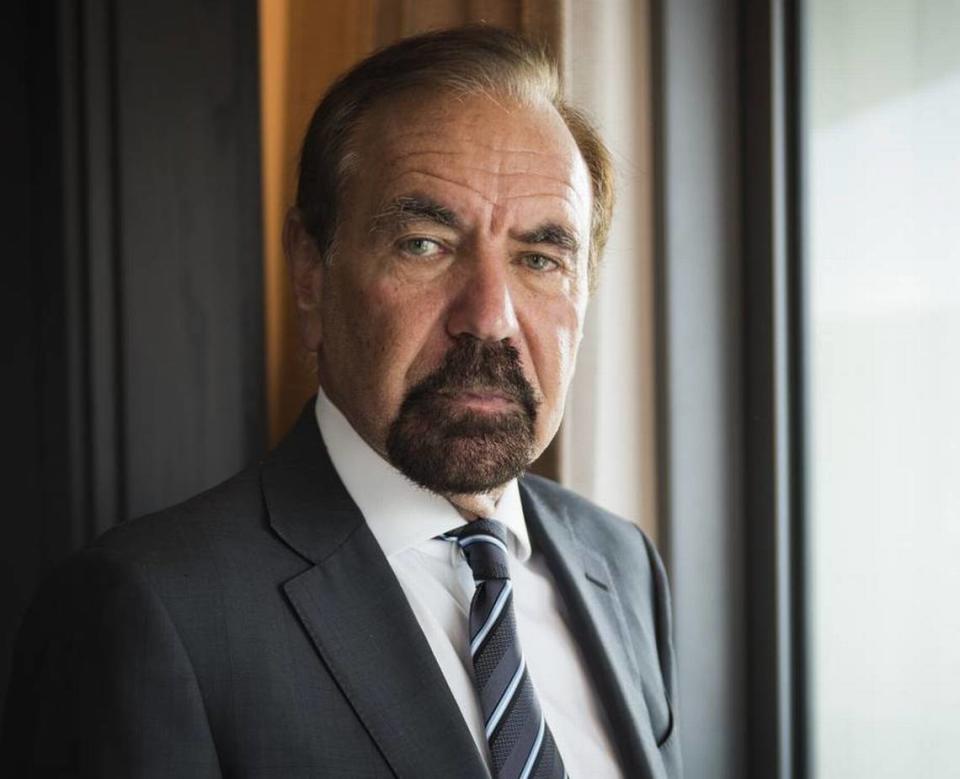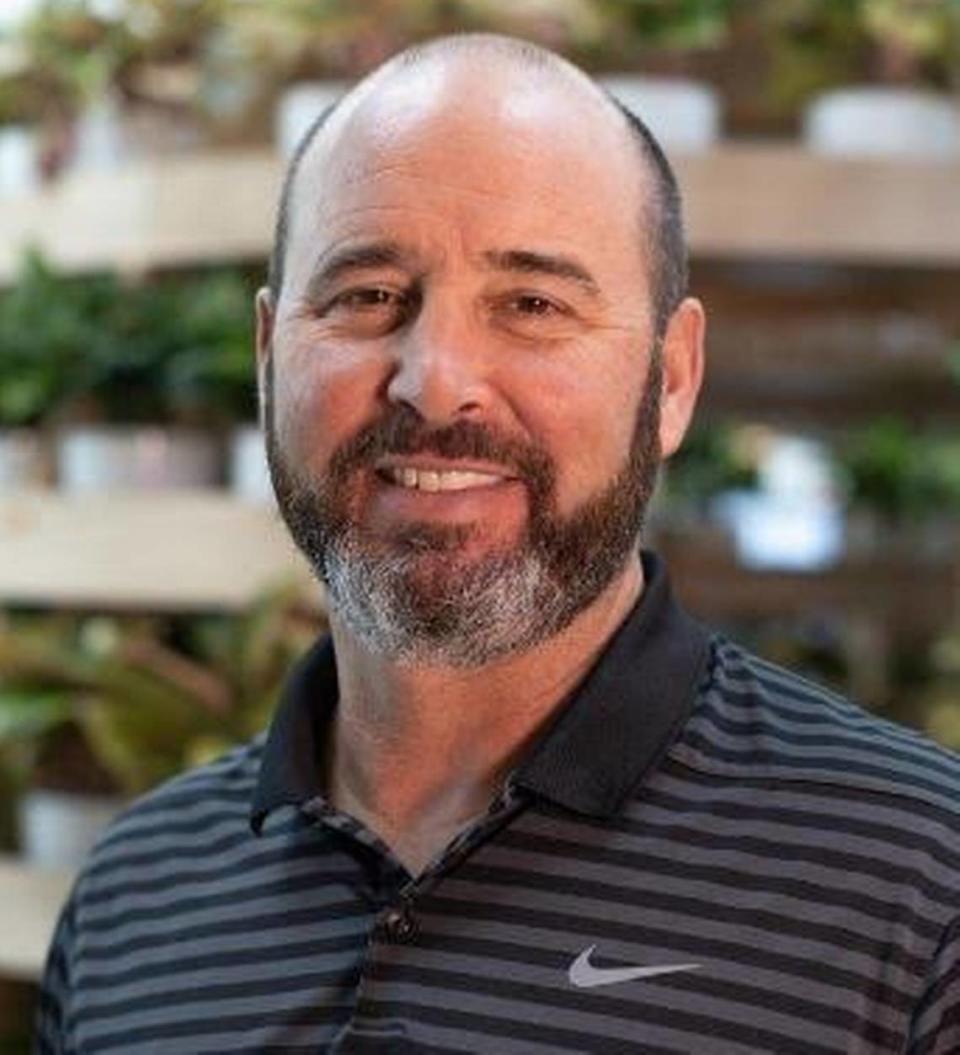Heat regulations would cripple construction, agriculture, which already care for their workers | Opinion
We have witnessed the growth and growing up of Miami-Dade County to its status as a global hub. But the route to continued progress is critical, and a recent misstep by Miami-Dade County could result in an existential crisis for two of the county’s largest industries: agriculture and construction.
Pushed forward by well-funded, politically linked activist organizations and without any notice to our industries, Miami-Dade is rushing to enact a new ordinance creating new heat regulations for outdoor work sites, regulations that would be duplicative of those already enforced nationally by the Occupational Safety and Health Administration (OSHA).
The proposal’s premise is that employers abuse employees and deprive them of water, shade and rest as they work outdoors. This is not true. The construction and agriculture industries do not minimize the value of outdoor workers, let alone their safety. We greatly respect and value them as team members. Yet, activists’ false narrative, not based on substantial independently verified evidence, is driving this ordinance forward.
As a county of 2.7 million people, we face far more pressing issues, like housing affordability, crime, infrastructure, education and homelessness. The County Commission would better serve residents by calibrating their compass due north to find solutions for these issues rather than establishing duplicative regulations.
This local ordinance would burden our industries with a new set of overreaching regulations and penalties, when both industries already comply with federal heat standards issued and enforced by OSHA, and all workers have access to a hotline to report bad actors and violations.
As of June 2023, the agency, which has a track record of 52 years and a $600 million annual budget to ensure safe and healthful working conditions, has taken on the task of addressing the impact of rising temperatures in warm-weather cities, including gathering input on updating current heat standards.
This proposition is discriminatory toward just two industries, which are major economic drivers for Miami-Dade County. We must ask: “Why?”
Proponents point to increased heat incidents in the community, but offer no evidence that ties those occurrences to being work-related or work-caused, let alone related to the agriculture and construction industries.
Our industries never were approached by the proposals supporters or its commission sponsors before it was introduced. Furthermore, we were vilified by a slick social media and PR campaign from a nonprofit organization with deep pockets promoting the ordinance, one that has strong ties to organized labor.
This ordinance is not a solution to a pressing problem. It is a political agenda that would take an economic wrecking ball to our industries. The fiscal impact would be an unneeded burden to thousands of businesses, a bottomless pit of red tape, lost time and money.
In addition to new heat regulations, which establish harsh penalties on any construction or agriculture business with five or more outdoor workers, it creates a new county “heat police” department funded by the fines they issue on our companies.
With a labor shortage already hurting our farmers and contractors, this ill-conceived ordinance will only make matters worse. Unfortunately, the story headlined “Economist says labor shortage is here to stay,” from the Oct. 8 Miami Herald will ring true more than ever if this proposal is implemented.
The final vote on this ordinance weighs heavily on all members of our industries, from the larger trade organizations to developers to general contractors to small businesses and farm owners to employees in these industries and their families.
Proponents claim this ordinance will help build stronger agriculture and construction industries here. In reality, it will only wear them down and tear them apart.
While both of our industries stand behind better training, best practices and continued support of outdoor workers’ health and protection, we know from experience that undue regulation will only encourage more bureaucracy while having little to no tangible impact.
Jorge Perez is founder, chairman and CEO of Related Group. Jose “Joche” Smith is CEO of Costa Farms.



